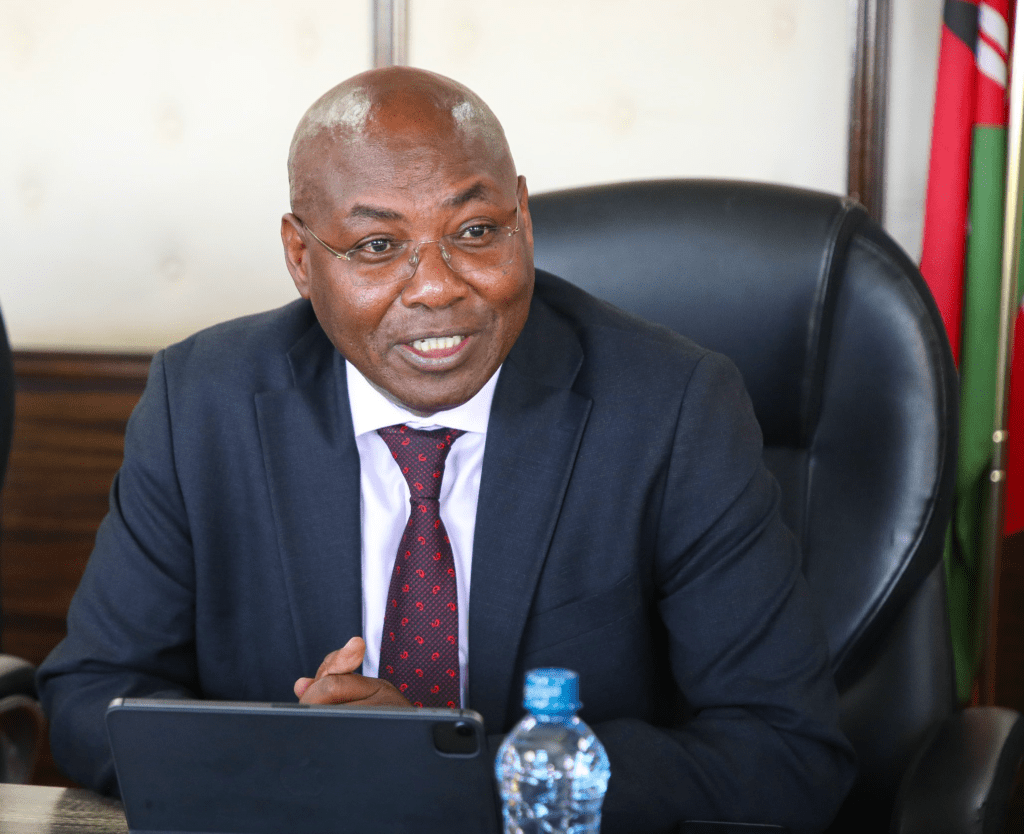The Ministry of Health, through the Social Health Authority (SHA), has clarified that SHA’s coverage is based on gazetted tariffs published on the authority’s website.
In a statement released on Sunday, December 15, SHA explained that these tariffs ensure sustainable healthcare coverage, equitable access, and maintain a shared responsibility model. However, the authority noted that if hospital charges exceed the specified limits, SHA beneficiaries may be required to pay out of pocket.
“In light of recent concerns regarding the extent of SHA coverage, we wish to clarify the framework governing SHA’s benefits and tariffs. The Ministry of Health confirms that SHA’s coverage is based on gazetted tariffs, published in November 2024,” Principal Secretary for Medical Services Harry Kimtai explained.
These tariffs, available on the SHA website at https://sha.go.ke/resources/categories/7, are designed to ensure equitable and sustainable healthcare coverage. In cases where charges exceed the limits, beneficiaries may need to make co-payments, the PS added.
Regarding Intensive Care Unit (ICU) and High Dependency Unit (HDU) services, Kimtai explained that the payment mechanism for providers follows a per diem rate depending on the facility. SHA covers ICU and HDU services up to Ksh 3,360 per day at Level 4 facilities, Ksh 3,920 per day at Level 5 facilities, and Ksh 4,480 per day at Level 6 facilities.

The PS also revealed that each household is allowed up to 180 days of access per year, with members able to access services from contracted Level 4-6 facilities. “Members will be required to top up any amount that exceeds the coverage limits (co-pay). This cover limit is the same across public, faith-based, and private facilities,” Kimtai added.
He further stated that SHA is addressing emerging challenges to ensure smooth access to services, and the Ministry of Health is in the process of constituting a committee to review the tariffs and benefits.
“Based on feedback gathered over time, the committee will review and provide practical solutions, offering informed recommendations. The report will cover both short-term and long-term interventions aimed at ensuring SHA’s sustainability and responsiveness to the needs of Kenyans,” Kimtai explained.







